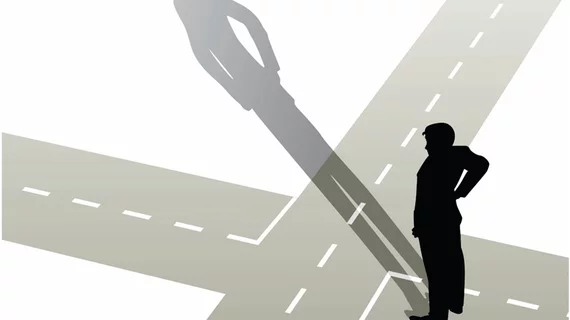Second research roadmap focused on AI in radiology coming soon
A detailed roadmap outlining research priorities for artificial intelligence (AI) in radiology was published April 16 in Radiology, and the organizations involved have announced that a second report is due later this year.
The research roadmap was co-sponsored by the National Institutes of Health, RSNA, the American College of Radiology (ACR) and the Academy for Radiology and Biomedical Imaging Research. It covers issues discussed and agreed upon back in August 2018, when a workshop of stakeholders gathered in Bethesda, Maryland, to tackle this topic.
“The workshop was a great opportunity for the radiology community to come together to discuss the needs and challenges for AI research facing our specialty and develop a roadmap for future research in medical imaging,” Bibb Allen, MD, workshop co-chair and chief medical officer of the ACR Data Science Institute, said in a prepared statement from the ACR. “We look forward to publishing the roadmap for translational research, including approaches for solving some of these real-world AI problems.”
“This collaborative workshop between the NIH and major radiology organizations was instrumental in bringing together the key stakeholders to define the compelling opportunities for AI research in medical imaging,” Curtis P. Langlotz, MD, PhD, lead author of the initial report and a professor of radiology and biomedical informatics at Stanford University, said in the same statement. “The published outcomes from the event help set the stage for our colleagues and other constituencies working to bring these innovations to patients.”
The second report will be published in the Journal of the American College of Radiology.

